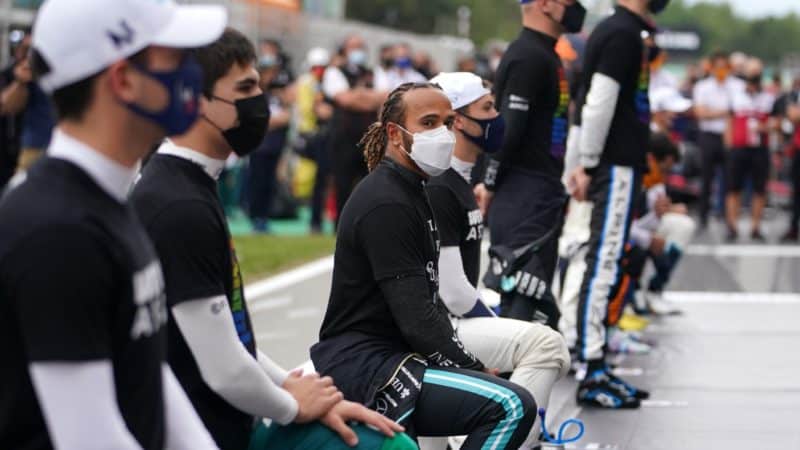It says: “We call on those in leadership positions to support Black children to excel in STEM subjects, and to empower them to choose – and succeed – in fulfilling careers. We call on those in leadership positions to step up, to acknowledge the unfairness that exists and to commit to change – the first step being to collect data to form a benchmark from which to improve. We call on those in leadership positions to work harder to show Black children that STEM subjects, engineering and motor sport ARE for them, and to excite them about the opportunities that they offer.”
The 10 months of research into recruitment into the sector, knowledge of engineering and motor sport careers, education and progression of black students through schools, non-formal education opportunities and higher education/career paths has revealed evidence into a variety of factors limiting Black student progression into higher education.
It includes the ‘setting’ of young Black students into lower ability groups limiting their ability to achieve top grades at GCSE, which in turn reduces opportunities to take mathematics and physics at A level. Behaviour management practices in schools disproportionately affecting young Black students, including the disproportionately high incidence of exclusions of young Black Caribbean and Mixed White and Black Caribbean students. A lack of Black teachers and leaders in schools limiting the number of positive role models and limited activity in schools to address issues of inequalities of outcomes and attainment gaps across different ethnic groups.
The 94-page report also details many case studies and anonymous experiences from Black students, engineers and others within the sector on their own experiences in schools, education and Formula 1.
Hamilton has already established a joint foundation with Mercedes to promote diversity and said he was determined to further that work and help implement the changes recommended in the report in the future and that the Commission was one of the most fulfilling parts of his career.
“Through The Hamilton Commission, we’ve developed a comprehensive summary of the systemic issues preventing young Black people from pursuing careers in STEM,” he said.
“Through our Commission, we make ten recommendations which relate to shifting change within motor sport, maximising early-stage opportunities for Black youth and providing additional careers education support to those who need it most. The recommendations will vary in timescale but it’s exciting that we can commit to tangible progress. This report may mark the end of our ten-month research, but it is the beginning of a different phase, where our research and insights can help make motor sport a more diverse and equitable industry.
“I would like to thank everyone who contributed to the report across all the different stages. I couldn’t be more inspired by this team that combines some of the brightest minds in academia, engineering, diversity and inclusion, motor sport and politics. Each member has brought their own passion, experience and insights to this project and it’s clear that together, we have all we need to reimagine the future of the UK motor sport industry. Thank you all so much. This has truly been one of the most fulfilling milestones in my entire career.”


